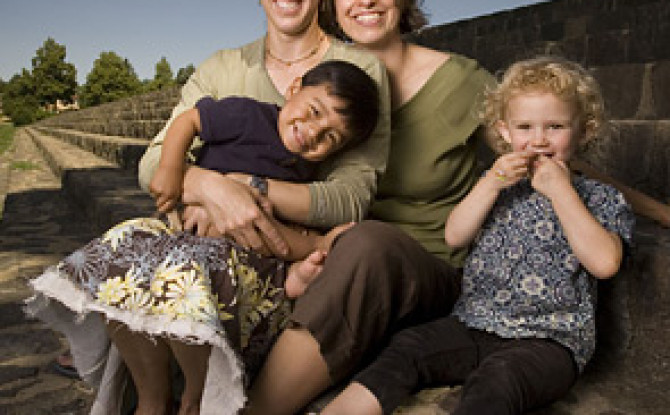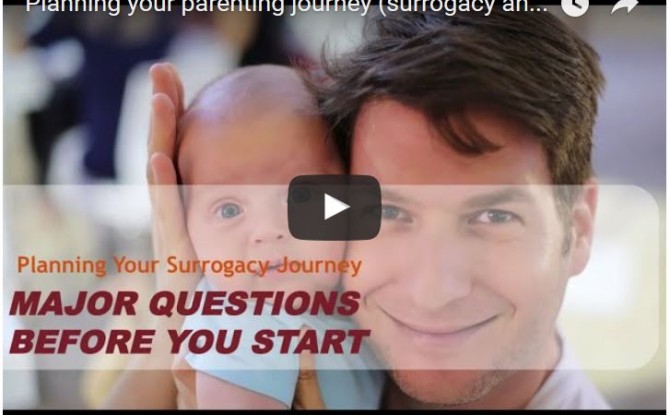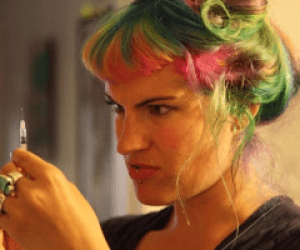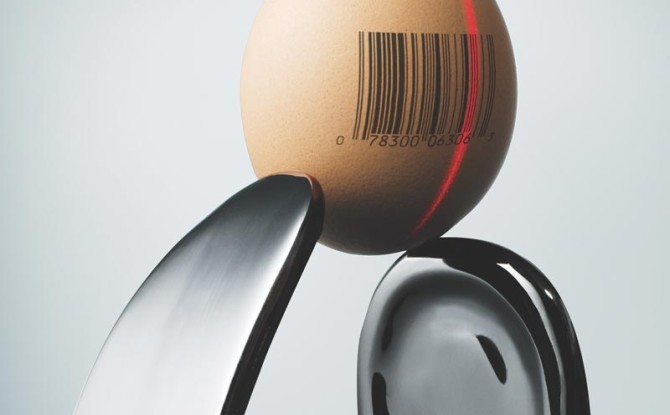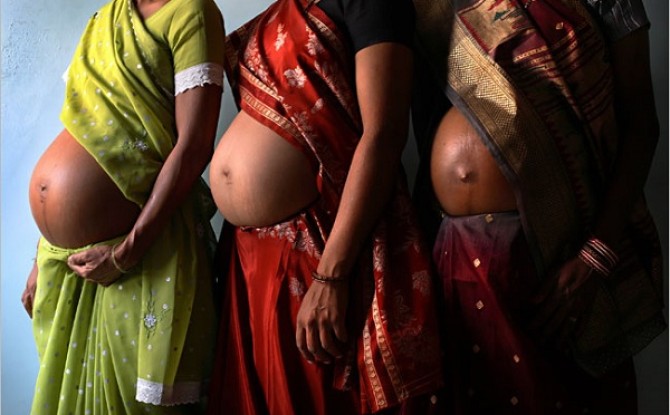Surrogacy Abroad vs Surrogacy in the UK – entirely different, or one and the same?
When comparing surrogacy in the UK and surrogacy abroad we can examine 2015, which has already seen a number of surrogacy judgments1 which challenge the law as it currently stands in relation to this increasingly mainstream pathway to parenthood. However, where the issue at hand is whether a parental order should be made2, the focus historically has been on international arrangements. Whilst contentious UK surrogacy cases, happily, remain remarkable (and therefore likely published), these and international arrangements overshadow the reality and prevalence of the undisputed UK surrogacy arrangement. Though uncontentious in nature, such arrangements are commonly peppered with comparable issues to those found in overseas applications, though the latter remain in the realms of the High Court3. It is not denied that international surrogacy arrangements are naturally hazardous and necessitate a cautious approach at court level, but, as demonstrated below, UK arrangements come with equal risks.
The practice of surrogacy abroad, in the UK
Repeatedly overshadowed by uncertainty as to the surrounding legalities, surrogacy is in fact very achievable in the UK and arrangements take place in their hundreds every year. However, due to the lack of an overtly supportive legal framework, its practice varies widely and the resulting disparity between arrangements can be vast.
Often the best option, for those who have the choice, is to use a surrogate who is a family member or close friend. Arrangements where trust is implicit invariably make for the most altruistic and straightforward. For those who need to look elsewhere there are a number of independent organisations which facilitate arrangements between prospective parents and surrogates4, by enabling introductions and supporting the resulting relationships. However, a growing method of establishing a surrogacy arrangement is to look online. The increase in social networking has enabled prospective parents to find a willing surrogate (and vice versa) through Facebook groups and online forums, where regulation is scarce and support informal.
The risks of working with a previously unknown surrogate (or indeed prospective parents) are obvious, but some arrangements forge ahead with a surprising lack of communication to determine the other side’s true motivations. As surrogacy agreements are not legally binding in the UK, there is no obligation or obvious trigger for prospective parents to meet with a lawyer at the outset. Although it is not possible to draft an agreement on their behalf (this is an offence for professionals5, though something the parties are encouraged to do amongst themselves), a consultation at this stage provides an opportunity to set out the legal position and explain what must be done to reassign parenthood in due course. Some parents are made aware of this and seek initial advice; others are not and will proceed having had no professional input (sometimes without any written agreement in place at all). Though not enforceable, parents and surrogates can agree whatever they wish in terms of payments, restrictions and obligations during pregnancy, contact before and after birth and any other matters they consider important.
There is also a choice of how to conceive. If no fertility procedure is strictly required6, and particularly if cost is an issue, it is not unusual for conception to take place via artificial insemination at home. This not only throws up further issues as to the surrogate’s investment and attachment to the pregnancy, but by not having treatment at a licensed UK clinic parents and surrogates do not benefit from the built-in counselling and professional support provided before conception.
Oversight of surrogacy abroad, specifically in the UK
It is easy to see how the lack of structure and obligatory professional oversight here can lead to a culture of casually-set-up surrogacy arrangements based on hopes of aligned intentions and well-placed faith in the unknown. In the absence of a robust UK legal system to fall back on, for those arrangements where problems do arise, a lack of guidance and support from experienced professionals can exacerbate matters and put the relationship of the parties under considerable strain. Even where these issues do not affect the outcome of the arrangement7, they can cause difficulties during the subsequent court process.
The parental order process8 provides the first formal oversight that many arrangements will see, though this comes too late across the board, since there can be no application until the child is born (leaving him or her legally vulnerable for a period of at least several weeks). It is at this stage that the applicant parents are faced with conforming to the parameters set by section 54 of the Human Fertilisation and Embryology Act 2008; some of whom will not already be familiar with the requirements.
Whilst applications following UK surrogacy are dealt with relatively straightforwardly in practice, the ambiguous surrogacy backdrop in this country provides the potential for just as many legal quandaries to arise as do so in cross-border surrogacy arrangements. The difference lies in the level of scrutiny of the two.
Click here to read the entire article.
by Nicola Scott August 6, 2015


